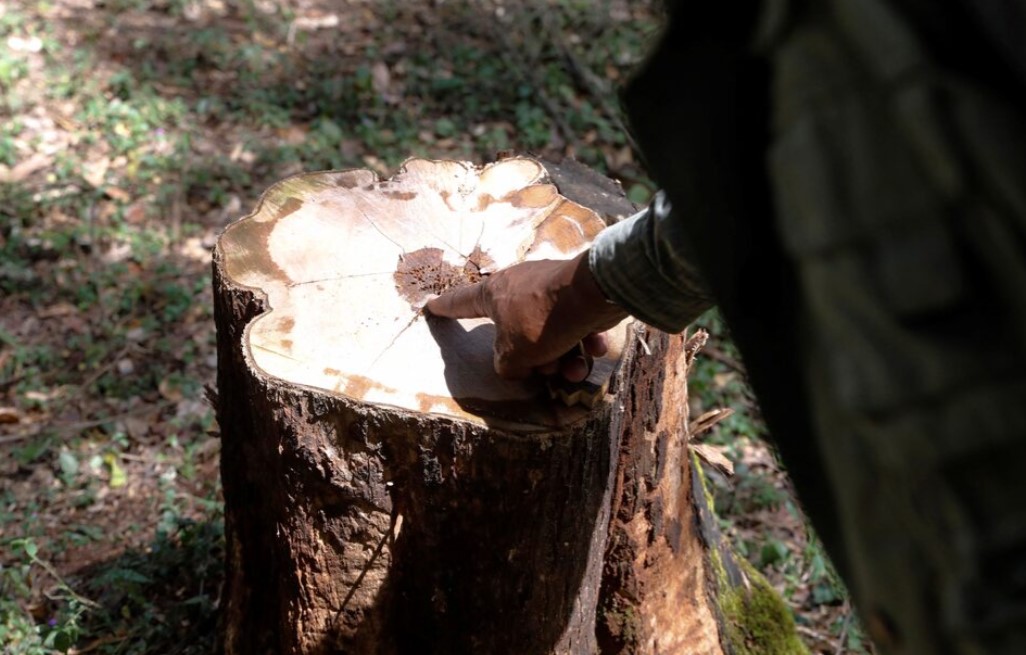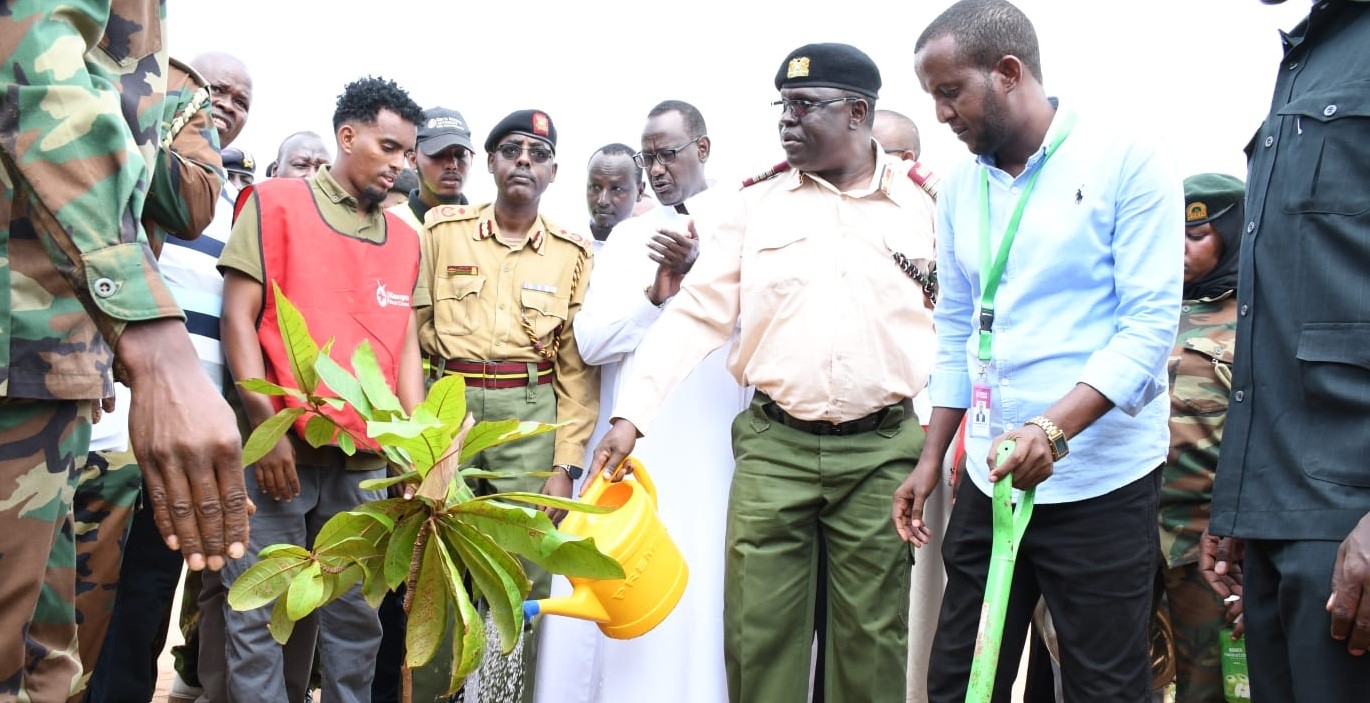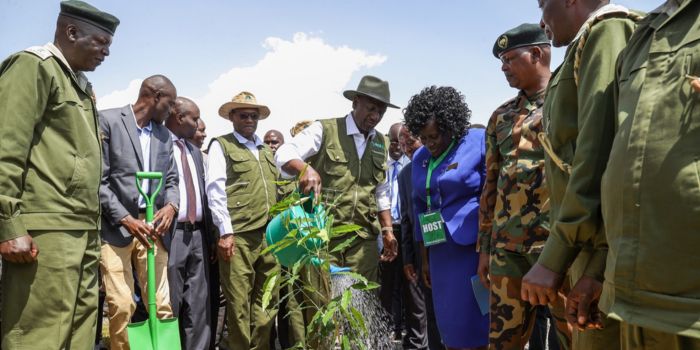Why you risk 3-year jail term or Sh5 million fine for cutting down trees without replanting

By Maureen Kinyanjui |
The proposed Bill also includes incentives for private entities engaged in tree planting, aimed at increasing forest cover.
Cutting down a tree without planting a replacement could soon lead to a three-year prison sentence in Kenya.0
A proposed law aims to enhance afforestation and support the government's initiative to plant 15 billion trees by 2032, imposing strict penalties on those who fail to comply.
Keep reading
- 12 people killed in latest floods as nearly 4,000 households displaced nationwide
- Duale says Kenyans have planted 481 million trees since January
- Mandera Green Revolution: How an ambitious greening programme earned county global award
- CS Duale reiterates climate change target in first Kenya Forest Service visit
The Environment Laws (Amendment) Bill, 2024, sponsored by Garissa Senator Abdul Haji, has been introduced in the Senate for its first reading.
Under this Bill, anyone who harvests a tree must replace it in a designated area as instructed by the Kenya Forest Service.
Failure to adhere to this requirement would result in severe consequences, including a fine of up to Sh5 million, imprisonment for up to three years, or both.
Incentives
The Bill also includes incentives for private entities engaged in tree planting, aimed at increasing forest cover.
"The Bill incorporates tax and fiscal incentives to boost investments in forest land use and utilisation, as suggested by the Cabinet Secretary for the National Treasury following recommendations from the Cabinet Secretary responsible for forestry," it reads in part.
These incentives will offer tax deductions for businesses participating in tree-planting programmes.
Additionally, the Bill mandates county governments to encourage tree planting on all public lands within their jurisdictions.
It also requires the counties to organize and execute programs in observance of National Tree Planting Week and the International Day of Forests.
The national tree planting week is set to take place from March 15 to March 21 each year, or at another time designated by the Cabinet Secretary.
"The Cabinet Secretary and the county executive committee member responsible for matters relating to forestry in each county shall plan and execute programmes necessary for observing the national tree-planting week and the International Day of Forests," the Bill reads further.
These programmes will involve mobilising public and private educational institutions, government officials, and private entities to participate in tree-planting activities.
Furthermore, the Bill amends the Climate Change Act, Cap 3874, to require the Cabinet Secretary responsible for climate change to develop strategies for achieving annual carbon sequestration targets.
The Kenyan Government is committed to an ambitious tree-planting campaign to address climate change. Trees play a vital role by absorbing carbon dioxide from the atmosphere and releasing oxygen.
Since carbon dioxide is a greenhouse gas that contributes to global warming by trapping heat, increasing tree cover can help mitigate its effects.
Although Kenya's carbon emissions are lower than those of industrialized countries, they have been on the rise. Currently, the country emits approximately 95 million tonnes of CO2 equivalent each year.
Reader comments
Follow Us and Stay Connected!
We'd love for you to join our community and stay updated with our latest stories and updates. Follow us on our social media channels and be part of the conversation!
Let's stay connected and keep the dialogue going!
















